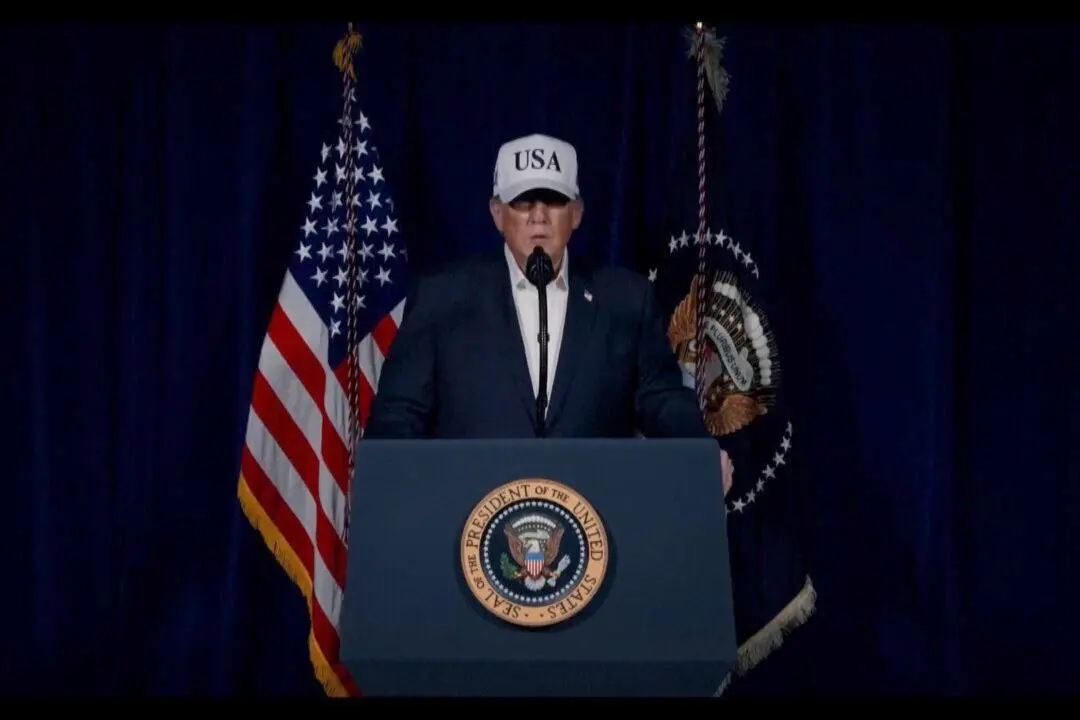Trump advisors Mark Meadows and Rudy Giuliani were among 18 people charged in Arizona yesterday over an alternate elector scheme to challenge the 2020 presidential election results.
11 alternate electors in Arizona, along with seven Trump advisers were indicted on conspiracy, fraud, and forgery charges.





